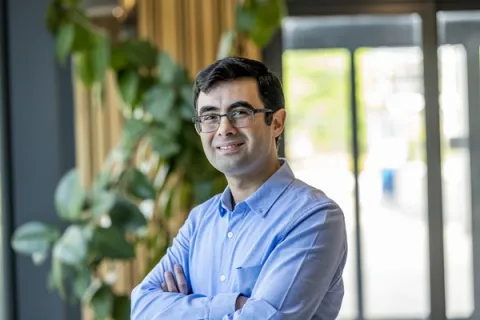About the project
This project investigates the development of quantum algorithms to enable large-scale topology optimisation in aerospace. The goal is to overcome computational barriers in designing energy-efficient, sustainable aircraft configurations by leveraging quantum methods, advancing beyond the limits of conventional optimisation for practical aerospace applications.
Topology optimisation is a transformative engineering tool capable of designing optimal geometries or structures from the ground up. Its applications span diverse fields, but its potential in aerospace, particularly in aircraft configuration design, is yet to be fully realised. Despite a century of aviation advancements, we still lack an optimal configuration for energy-efficient flying vehicles.
Our lab has pioneered a topology optimisation approach tailored for the aerodynamic design of low-speed micro-air vehicles. However, scaling this method to practical, full-scale aerospace applications presents a massive computational challenge. Realistic designs require billions of design variables and the integration of multi-physics solvers, including fluid-structure interaction—a level of complexity beyond current computational capabilities.
Emerging quantum optimisation algorithms offer a promising path forward, showing the potential to accelerate high-dimensional, complex optimisation tasks. This project will focus on developing quantum optimisation algorithms specifically for large-scale topology optimisation in aerospace design. You will contribute to creating a new paradigm in sustainable aerospace configurations, addressing real-world design constraints such as energy efficiency and emission reduction.
